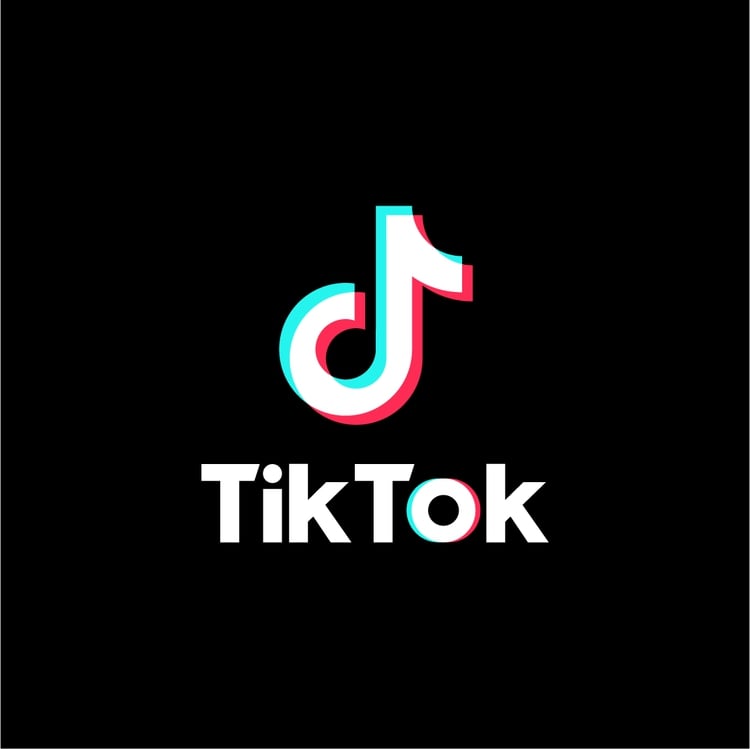Photo ©TikTok
Trigger warning: self-harming, eating disorders, personal hygiene and slut-shaming.
I have spent more hours of COVID-19 quarantine than I’d like to admit on the social media app TikTok.
Similar to Vine, TikTok users post videos that range from funny bits to dancing, the main difference between the platforms being that TikTok users post 60-second videos instead of 6-seconds like Vine. I spent hours on TikTok scrolling through my “For You Page” and after 5 months of this, I’ve started to notice some serious issues with the app. I came across many videos that had me asking, “How is this allowed?”
There are serious problems associated with the app, one being the sexualization and obsession of underage girls who are the majority of TikTok’s users. Now, I wouldn’t call this an issue of the stereotypical predator stalking underage girls. Instead, my concern is adult male users hitting on and sexualizing, minor girls who want to be “Influencers.” It seems that this is a back channel way to normalize “grooming” minors on an app that is clearly made for kids!
The term “Influencer” has become more popular within the last two years of TikTok. The top 3 most popular TikTok accounts have a following of about 200 million people when added together with the majority of them identifying as female.
The most followed account is Charli D’Amelio, a 16-year-old influencer with a follower count of 61.1 million. D’Amelio posts videos of herself dancing in a way that some would say is provocative for someone her age. D’Amelio has thousands of comments and “duets”, mostly from males over the age of 18, saying how “hot” she is, telling her she needs to gain or lose weight, and other aspects of her appearance. (A “duet” means imitating or making a parody of a TikTok video.) D’Amelio’s power within the app reigns supreme, she even got a drink at Dunkin’ Donuts named after her.
Another example of how powerful TikTok influencers are was when a young girl got to “duet” with another popular account called Duke Depp, who makes goofy videos of himself as Johnny Depp’s version of Willy Wonka. After this duet, she posted a video of herself crying because of how happy she was to be noticed by this big account that she loves.[1]
There is also a huge problem with TikTok not censoring videos. Unlike many other social media platforms, TikTok does not have a trigger warning before videos air. For instance, there was a lot of publicity recently about girls overdosing on Benadryl because of TikTok videos challenging them to see how much they could ingest. Other videos promote eating disorders or show people hurting themselves, and even in some cases, people actually committing suicide. All of this is very normal on TikTok, and there’s been a few cases when TikTok removed accounts of known predators, but the company has not done it as often as it should.
TikTok has over 500 million followers and is evolving and still needs some serious work to improve for its users. Since TikTok has more power with young people then most other apps, I truly hope TikTok does create a more strict policy for future videos.
Bibliography
(1) Tiffany, Kaitlyn. “How Quickly Can a Girl Go Viral on TikTok?” The Atlantic, Atlantic Media Company, 16 Sept. 2020, www.theatlantic.com/technology/archive/2020/09/tiktok-teens-fandom-mooptopia/616371/.
“In 10 Minutes on TikTok I Saw Self-Harm, Girls Offering Sex, Boys Wielding Knives and Potentially Deadly Challenges.” The US Sun, The Sun, 27 Feb. 2020, www.the-sun.com/lifestyle/tech/443654/in-10-minutes-on-tiktok-i-saw-self-harm-girls-offering-sex-boys-wielding-knives-and-potentially-deadly-challenges/.



